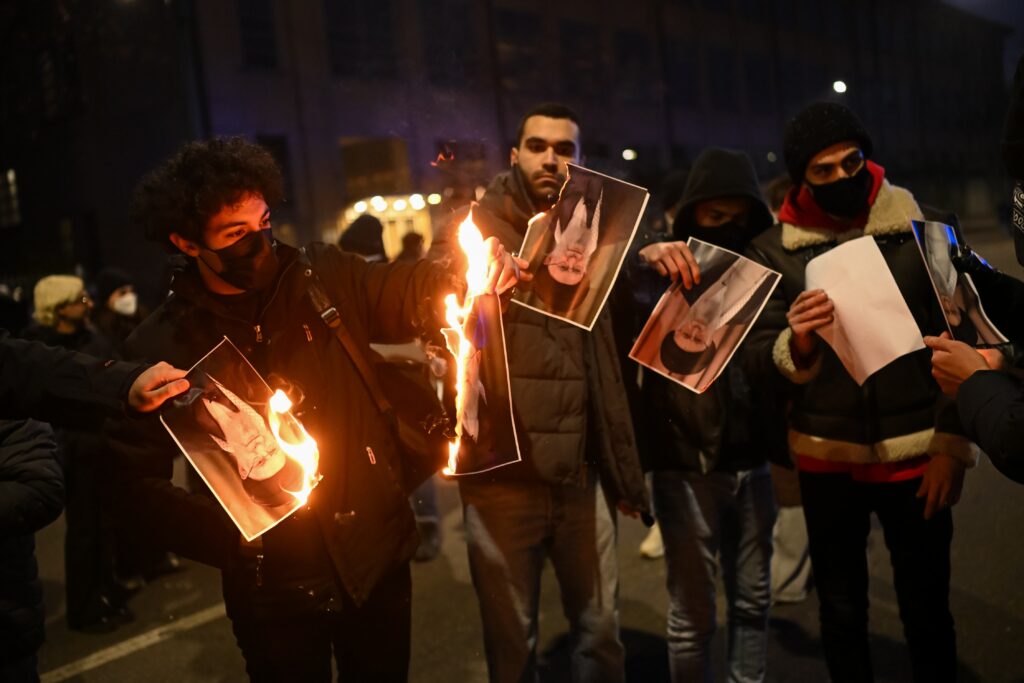UPDATES
“Anti-boycott” law fall out
July 14, 2011 | Jamie Hyams

A recently passed “anti-boycott” law in Israel, in summary, would allow citizens to bring civil suits against persons or organisations that call for economic, cultural or academic boycotts of Israel, Israeli institutions or regions under Israeli control. The bill, which does not require the petitioner to prove that damage was caused, but only that damage could reasonably have been expected as a result of the boycott call has understandably attracted plenty of criticism. Certainly, the Israeli papers have been overwhelmingly critical of it. This does not, however, absolve media from the responsibility to provide balanced coverage of the issue. Jason Koutsoukis, in the Age and Sydney Morning Herald (July 13) filed a report that had only criticism of the law from various sources, with no explanation of why its supporters thought it appropriate.
Koutsoukis (pictured above) described it as “A new law limiting the right of Israeli citizens to participate in boycotts targeting either Israel or its illegal occupation of the West Bank.” It’s actually a bit broader than that, and would also target boycotts of Israeli Arabs, but the main problem with this sentence is Koutsoukis’ bald assertion that Israel’s occupation of the West Bank is illegal.
Israel captured the West Bank in a defensive war from Jordan, whose own occupation of the area was recognised by only two countries. Israel, therefore, has as much right under international law to be in the area as any other country, as experts in international law have argued. At the very least, this is a complex issue of international law, not one that journalists should state as fact.
For those interested in a more balanced account, the Britain Israel Communications & Research Centre (BICOM) explains the effect of the law, the background and context, including the sense of injustice felt within Israel at unfair international campaigns seeking to isolate it, the reaction within Israel to the law, and the distinct possibility that it will not survive a Supreme Court challenge.
NGO Monitor has also released a background and analysis of the new law. While it also “does not see this legislation as the appropriate means to combat the BDS movement,” it is critical of the over-reaction to and misrepresentation of the law by various NGOs. It also provides a translation of the law itself.
Tags: Anti-Zionism





